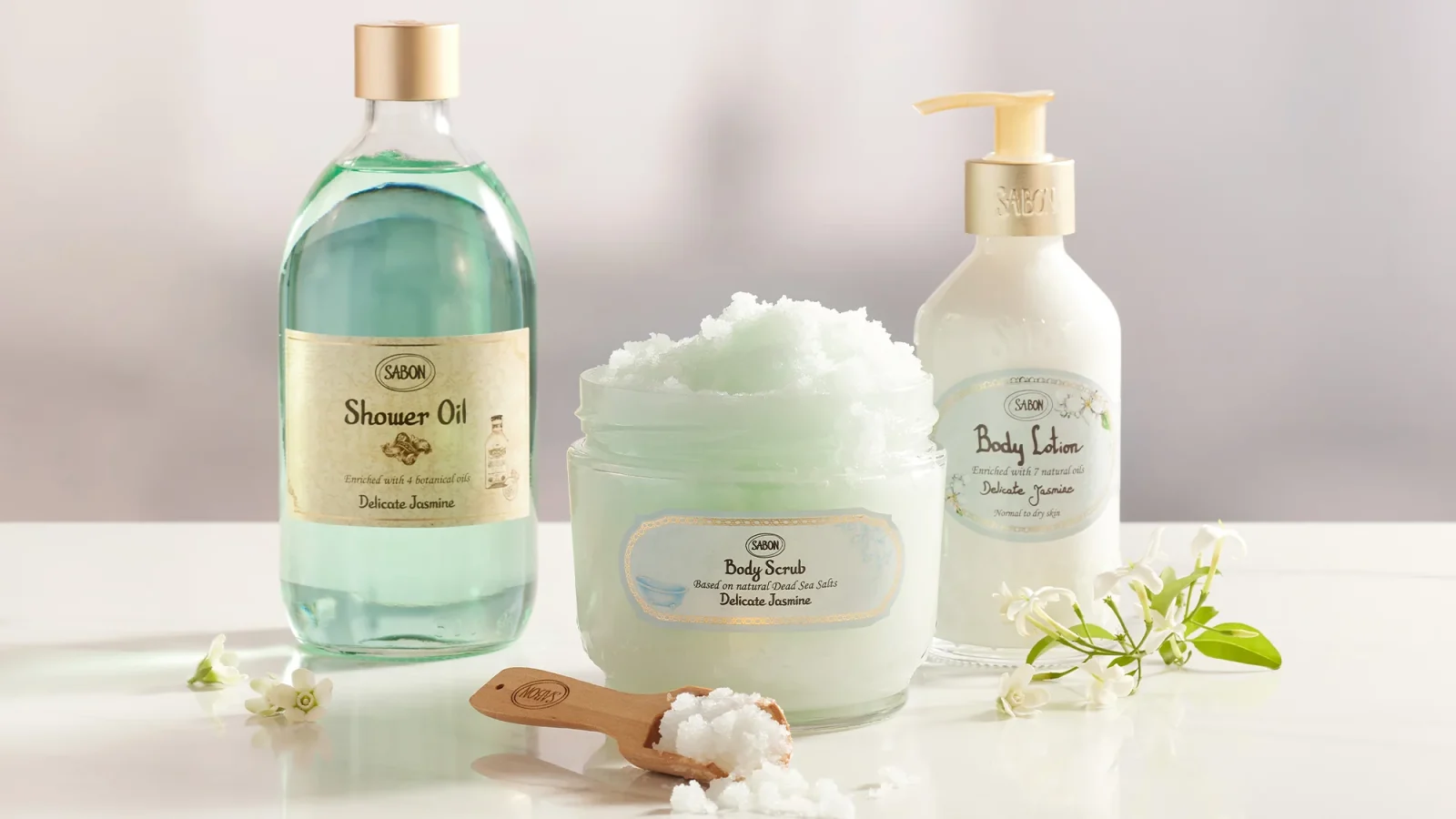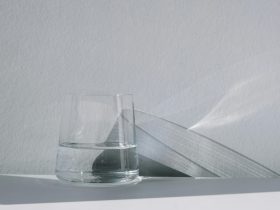Post Preview
Use lukewarm water and soft, moisturizing cleansers to get the most out of your bath and body care regimen and prevent drying out your skin. Exfoliate your skin 1-2 times weekly to eliminate dead skin cells. After that, lock in moisture with a heavy moisturizer. Incorporate natural oils for added nourishment and use sunscreen daily for protection. Pay attention to ingredients, avoiding harsh chemicals that can irritate. A consistent, well-rounded routine keeps your skin healthy, smooth, and radiant.
Introduction to Bath and Body Care
Maintaining a proper bath and body care routine is essential for healthy skin and overall well-being. Nonetheless, many unintentionally commit errors that might result in skin problems or ineffective skin care practices. Understanding how various activities influence your skin and paying close attention to details are essential for proper skin care. Let’s delve into common mistakes and how to avoid them for healthier, glowing skin. You can even find great deals to enhance your bath and body care experience by using an Adam & Eve promo code.
Skimping on Hydration
One of the most common mistakes is not hydrating your skin properly. Failing to apply a good moisturizer right after bathing can leave your skin dry and prone to irritation. Your skin is at its most absorbent state immediately after a shower or bath, and this is the optimal time to apply a moisturizer to lock in hydration. Using a quality moisturizer compatible with your skin type helps to maintain hydration, keeping your skin supple and smooth. It’s important to remember that preserving skin hydration involves more than simply using creams; you also need to drink a lot of water throughout the day. This dual approach ensures that your skin stays moisturized and healthy.
Ignoring Ingredient Labels
Have you ever checked the ingredient list for your bath products? Using products with harsh chemicals can do more harm than good. Bath products frequently include parabens and sulfates, which can irritate the skin and cause it to lose its natural oils. Always choose those labeled as soft or hypoallergenic and those with natural components. Natural substances are typically better for the skin and less harsh. It’s essential to familiarize yourself with what each ingredient does—resources like Healthline provide valuable insights into the effects of different ingredients on the skin. You can make better decisions for your skin over time by being aware of what ingredients are in your skincare products.
Over-Exfoliating
Exfoliation is required to expose fresher, more vibrant skin beneath, eliminate dead skin cells, and promote cell turnover. However, over-exfoliating can lead to redness, irritation, and even micro-tears in the skin barrier. The key is to find a balance and listen to your skin’s needs. Generally, exfoliating 1-2 times a week is adequate for most skin types. Those with sensitive skin might need to exfoliate less frequently, while oily skin types might tolerate more regular exfoliation. Using gentler exfoliants can also help prevent over-exfoliating. If you need help with how often to exfoliate, consulting a dermatologist can provide personalized advice tailored to your skin’s needs. Proper exfoliation will maintain your skin’s integrity while keeping it smooth and radiant.
Using Hot Water
Although a hot shower feels great, especially in the winter, it depletes your skin of its natural oils, making it dry and irritated. These natural oils are essential for moisturizing and protecting your skin against environmental damage. To preserve your skin’s health, opt for lukewarm water instead of hot, and aim to keep your showers short—no more than 10-15 minutes. Additionally, dry your skin with a towel rather than rubbing it after showering to prevent unnecessary irritation. This simple change can keep your skin’s natural barrier intact and prevent it from becoming dry and flaky.
Neglecting Your Feet
Your feet need care just as much as the rest of your body. Failing to exfoliate and moisturize your feet can lead to dryness and cracked heels, which can be uncomfortable and unsightly. Incorporate foot care into your routine by regularly exfoliating and applying a thick, nourishing foot cream. Pay attention to dry spots on your body, including the balls and heels of your feet. Wear moisturizing socks overnight if your feet are especially dry or cracked to seal in hydration. This extra step can significantly affect how your feet look and feel.
Using Dirty Towels
Reusing the same towel for days can introduce bacteria to your clean skin, leading to breakouts or infections. Towels become wet and can harbor bacteria and mildew if they are not often washed. Always use a clean towel every few days and ensure they’re routinely washed with a gentle detergent. Opt for towels made from natural fibers, which are more breathable and less likely to harbor bacteria. Implementing this simple hygiene practice can significantly improve the overall health of your skin.
Skipping Post-Workout Showers
To get rid of sweat and germs from your skin, showering and cleansing is essential after working out. Neglecting this can lead to clogged pores and breakouts, particularly in areas prone to acne, such as the face, chest, and back. If you can’t shower immediately, use cleansing wipes to freshen up and remove sweat. This interim step can help minimize the risk of breakouts until you can adequately shower and cleanse your skin. For more tips, visit reputable sources like WebMD for updated skincare advice. Prioritizing hygiene after workouts can keep your skin clear and healthy.
Conclusion
Avoiding these frequent blunders may significantly improve your bath and body care regimen, resulting in healthier and more beautiful skin. It’s essential to stay informed and choose your products wisely to achieve the best results. Your skin will greatly appreciate the extra thought and care you put into your bath and body care regimen. Take these tips to heart, and you’ll be well on your way to achieving the healthiest skin possible.








Leave a Reply
View Comments